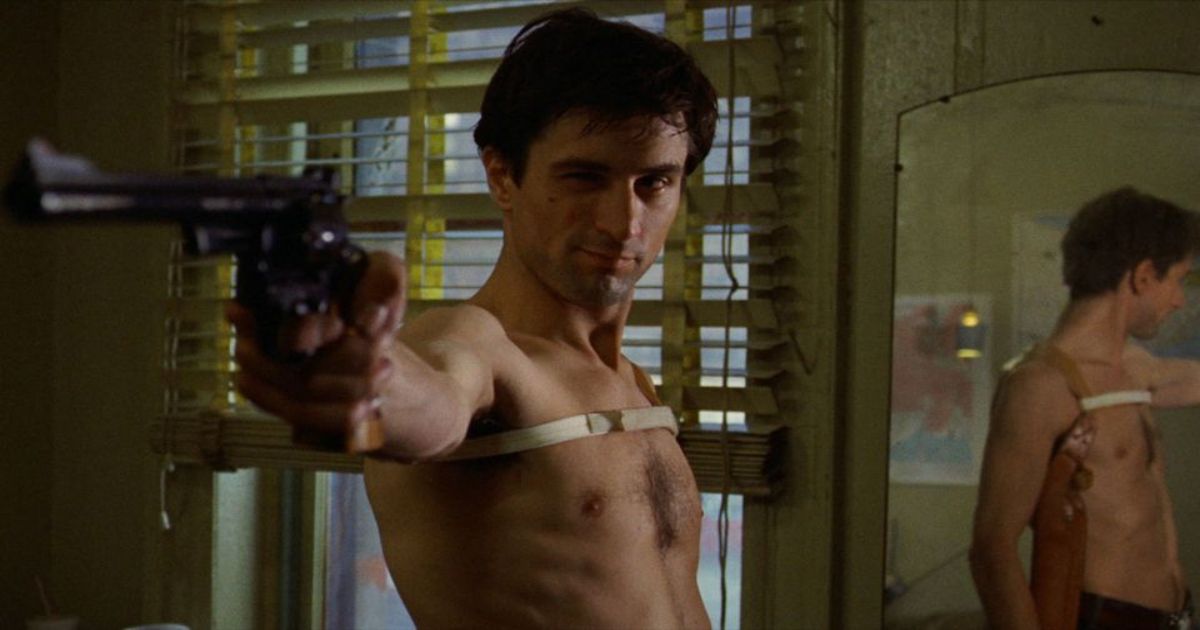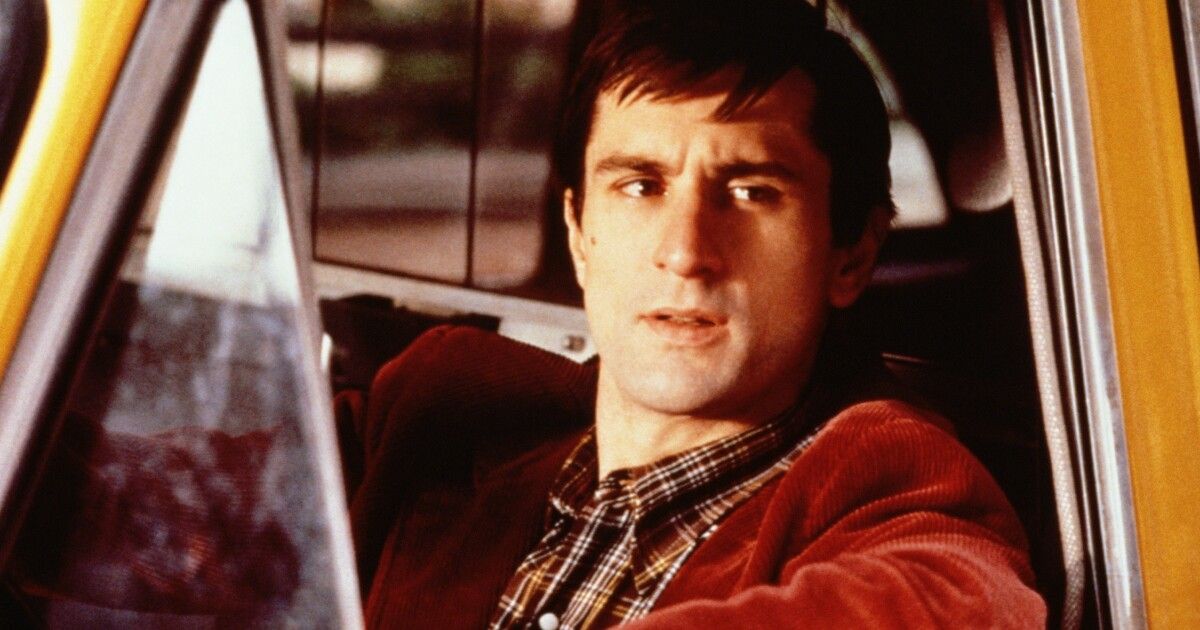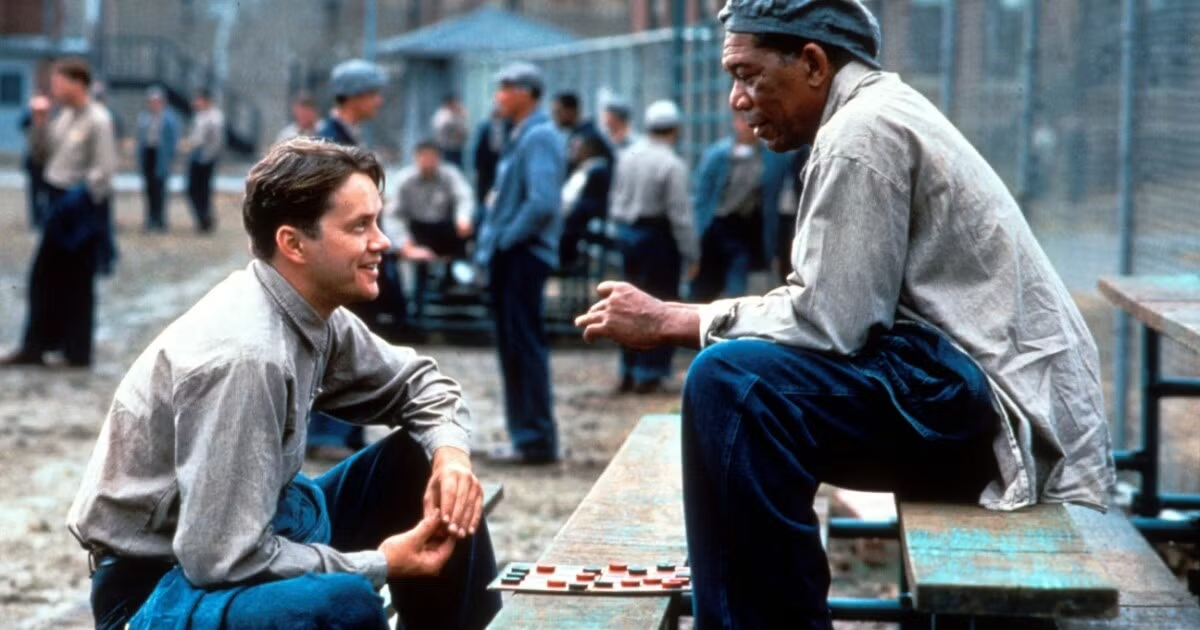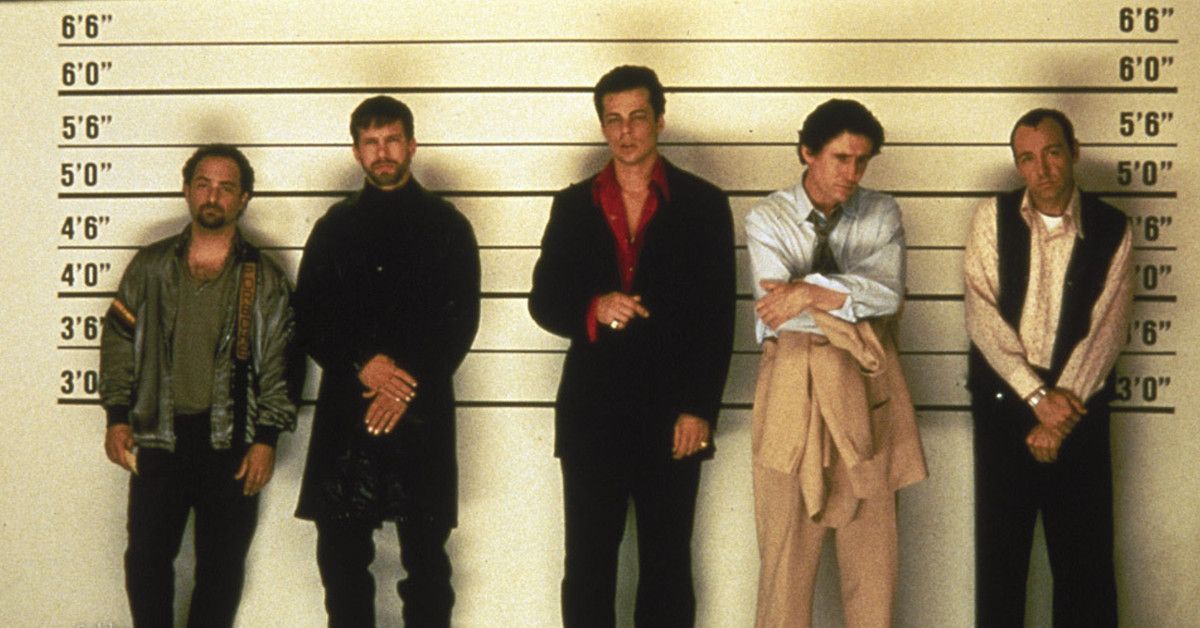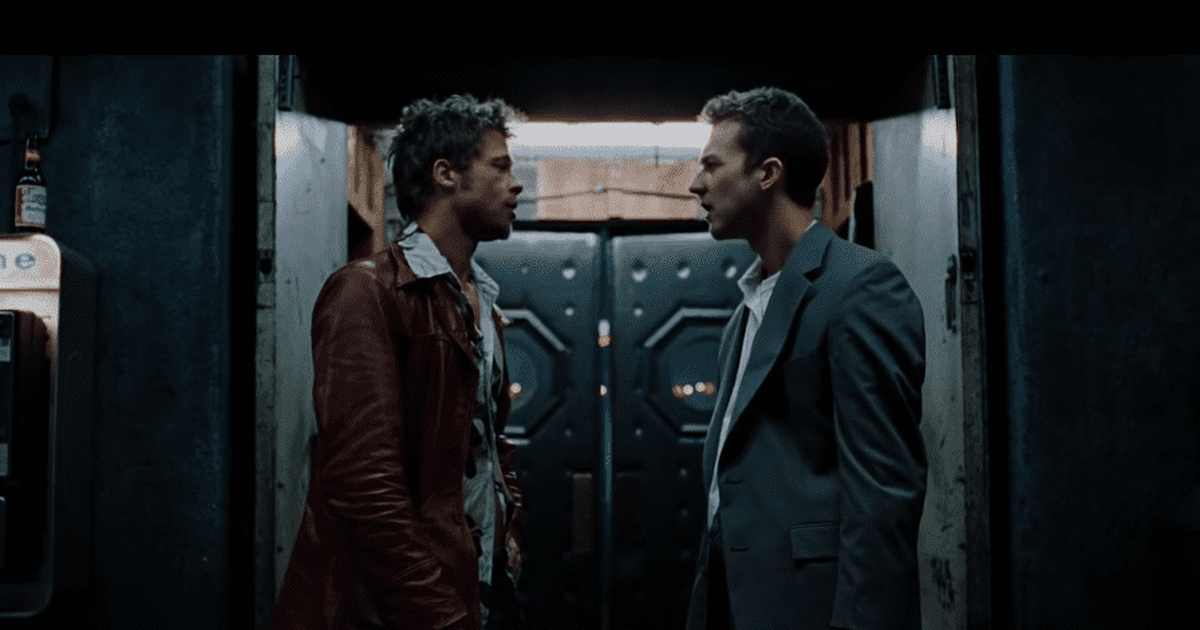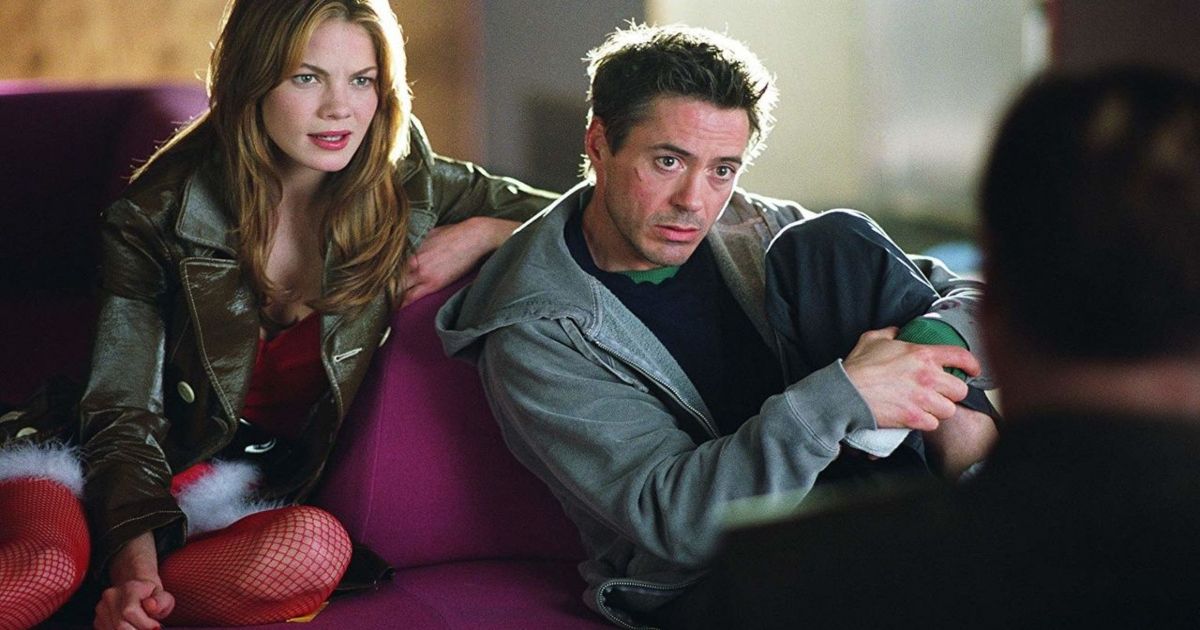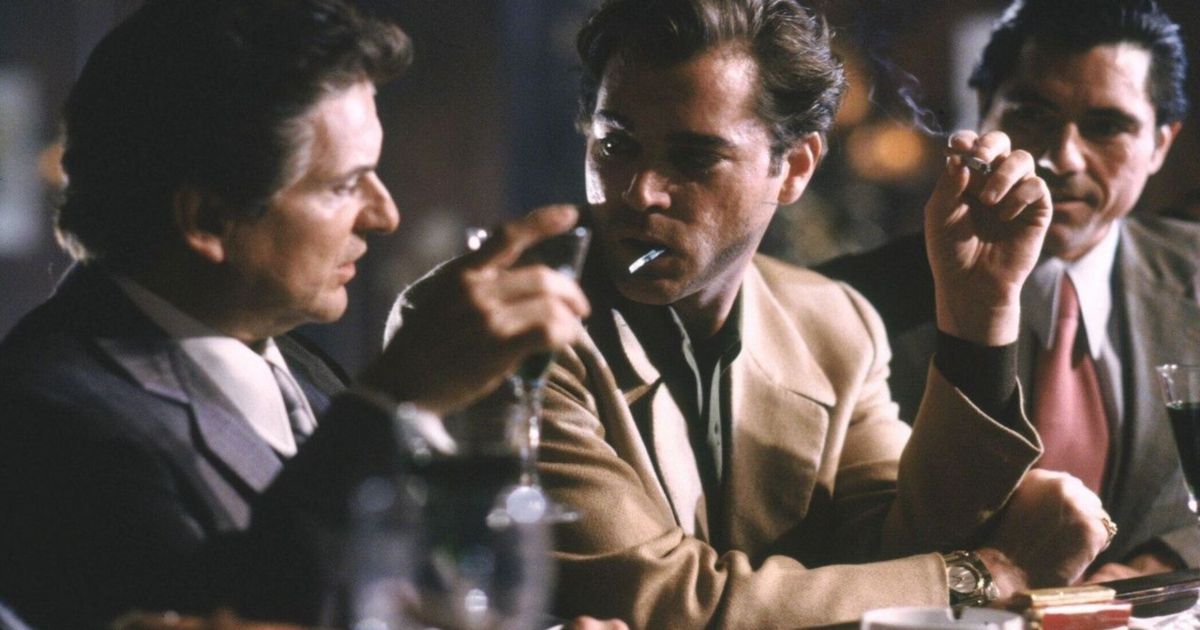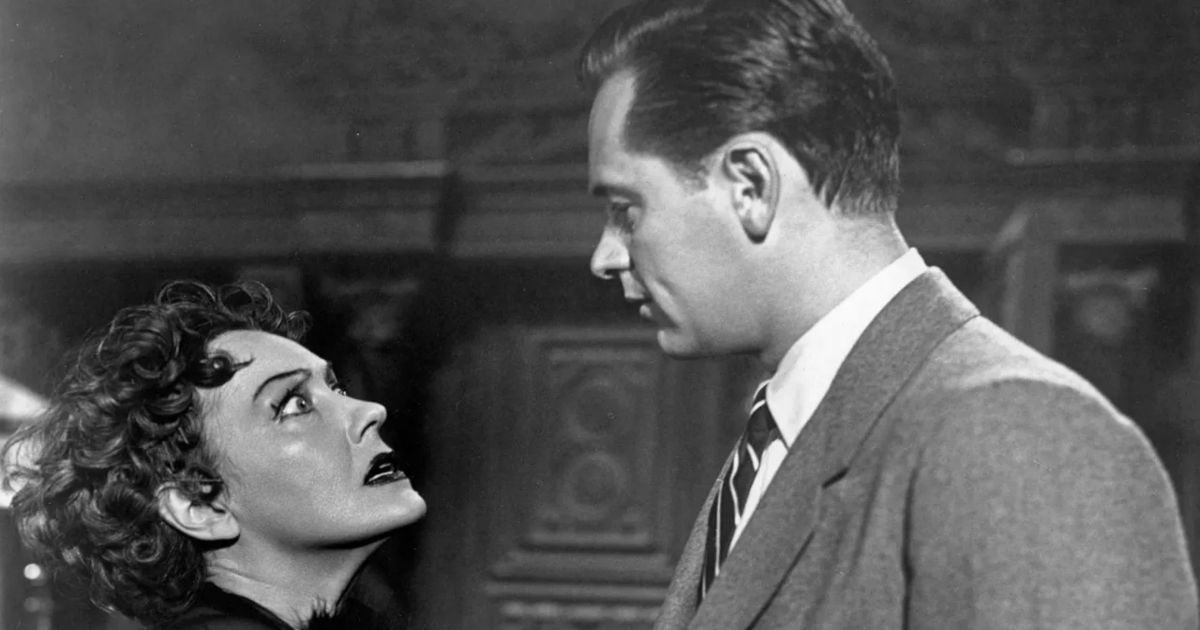Films with voiceover narration ensure the viewer hears the story from the narrator's point of view (even if it's from the villain's perspective). More often than not, the voiceover belongs to the protagonists. A voiceover "helps set the scene and subvert expectations," as No Film School writes, and the audience is able to connect to the character more. It is undeniable that this particular cinematic tool adds a new layer to the story. It gives new insights into the plot, allows the viewer to look into the mindset of the character or the narrator, and sometimes provides comic relief.
However, this "crossover between literary and visual sensibilities" (as BunnyStudio, which specializes in voiceover, puts it) needs to be executed properly for the film to capture the viewer's attention. Thus, this specific tool can be either a blessing or a curse. Fortunately, some of the best classic movies that remain beloved utilize voiceover narration. These specific films have achieved their outstanding statuses largely thanks to their use of a voiceover, and these are the best of the bunch.
7 Taxi Driver
With Robert De Niro going method, to the extent of becoming a real-life taxi driver whilst listening to the diaries of criminal Arthur Bremer, the actor got deep into the role of Travis Bickle and was able to deliver a groundbreaking performance. Of course, this is then evident of how outstanding the narration of Taxi Driver is. Not only does the Scorsese film fuse its cinematography with Bickle's perspective, but it ensures that the uniqueness and the subjectivity of Bickle's story is established through his voiceover. The protagonist's narration in Taxi Driver is used to explore the character's gradual dissociation from reality, further destabilizing the narrative as Bickle oscillates between reality and illusion. Thus, Taxi Driver's voiceover narration is one notable ingredient that makes the film standout from other crime dramas.
6 The Shawshank Redemption
What makes Morgan Freeman's narration in The Shawshank Redemption unique is its ability to encapsulate the viewer in the story and the way it creates compassion and empathy for characters in the dehumanizing setting of a prison. Furthermore, the narrator in this particular movie is not the protagonist; what the audience is given is a character who narrates his friend's story of one of the greatest prison escapes in movie history. The voiceover narration in these brilliant 1994 film captures emotions, feelings, and humanity through a mere voice, in turn, serving not only as a top-notch feature but also a highly motivating watch.
5 The Usual Suspects
This crime drama has perfected the art of voiceover, as the narrator not only sets the tone of the film but packs the voiceover narration with important information ab out the story. However, unlike other voiceover narrators, Kevin Spacey's Roger 'Verbal' Kint misleads the audience as he tells a story of his own, ultimately leading to one of the most shocking plot twists in cinema. Given that The Usual Suspects use a complex and deceiving narrator who prima facie wins the trust of the view, this film is one that urges the audience to re-watch it to unpack the story.
4 Fight Club
A major hit of 1999 and still a favorite cult classic, Fight Club is one film with an outstanding plot twist that is hard to surpass. One key reason why this particular plot twist is remarkable is because of its unnamed protagonist's narration. Edward Norton's character narrates his initially mundane life that gets quite exciting following his encounter with Tyler Durden (Brad Pitt) with intricate details. However, as the audience becomes engaged with this narration, they miss the hints that expose Tyler's connection to the narrator, the anti-capitalist revolution that the "fight club" is organizing, as well as the unreliability of the narrator. All these ingredients put together creates one of the most brilliantly executed voiceover narrations in the film industry.
3 Kiss Kiss Bang Bang
"I'll be your narrator," says Harold "Harry" Lockhart (Robert Downey Jr.), the protagonist of Kiss Kiss Bang Bang. With this, we are given a voiceover narrator who builds a strong relationship with the audience as he directly addresses the viewers whilst taking them through his story. In this 2005 film by Shane Black, the narrator ends up in the most unlikely situation, filling the story with much suspense but also humor in a perfect deconstruction of film noir (and its famous use of voiceover).
2 Goodfellas
Regarded as one of the best mafia and gangster movies ever made, Goodfellas is undoubtedly a masterpiece, and the voiceover narration gives it the perfect layer to build a strong relationship between the viewer and the protagonist. The narration of Henry Hill, played by Ray Liotta, not only serves as an informant detailing the personal and professional story of his rise and fall with the mobs of New York, but also adds in the element of surprise. Of course, Martin Scorsese is one of the most brilliant directors to perfect voiceover narration, it is not a shock that Goodfellas' voiceover is one that is exceptional, with the narrator shocking the audience as much as he himself is shocked.
1 Sunset Boulevard
The idea of a corpse narrating is a story is definitely strange. However, in Sunset Boulevard, Billy Wilder has unpacked this specific idea quite effectively, bringing to the screen one of Hollywood's most beloved masterpieces. This particular 1950 film noir and dark comedy hybrid focuses on the protagonist, Joe Gillis (played by William Holden), and famously opens with his death. Following this, we see the story unfolding through flashbacks as Gillis narrates the events that led to his death. Having a narrator from beyond the grave might be unusual, but it definitely helped Sunset Boulevard to gain its popularity. This particular posthumous narrator allows the film to establish its mood from the very beginning as melancholically looking back at the death of one era of Hollywood. Thus, we are given a narrator who is "resigned, sardonic, and unabashed in telling the shameful tale of his own subjugation and murder," as critic Daniel Podgorski writes in his excellent essay Conflated Requiems.

